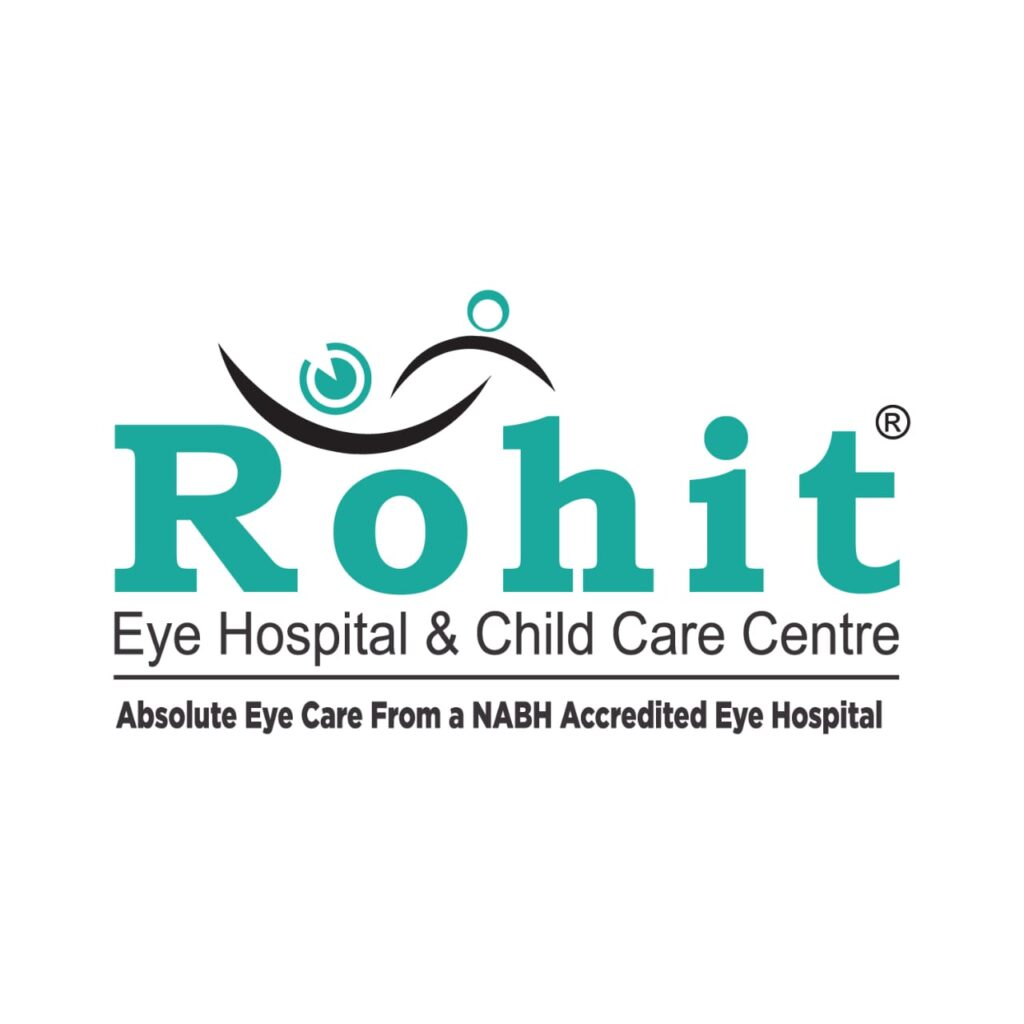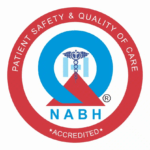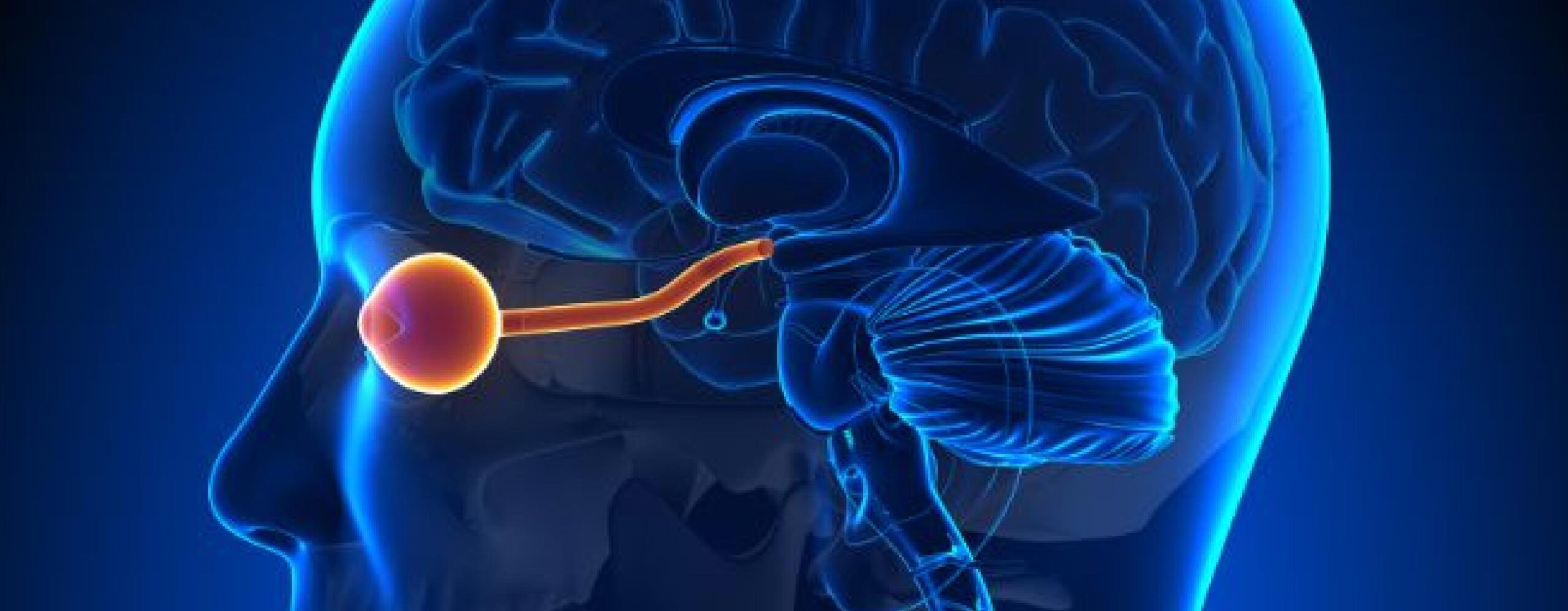
Neuro-Ophthalmology
Neuro-ophthalmology is a type of super-specialty which involves the field of neurology and ophthalmology together. Neurophthalmologist is responsible for the diagnosis and management of complex systemic disease of the nervous system which affects vision, eye movement, and alignment as well as papillary reflexes.
What is Neuro Ophthalmology?
Neuro-ophthalmology is a specialized medical field that intersects neurology and ophthalmology, focusing on visual problems related to neurological conditions. It deals with diagnosing and treating vision disorders caused by brain, nerve, or muscle issues that affect eye movement and visual processing.
Neuro-ophthalmologists are typically trained in both neurology and ophthalmology, providing comprehensive care for patients with complex visual-neurological interactions.
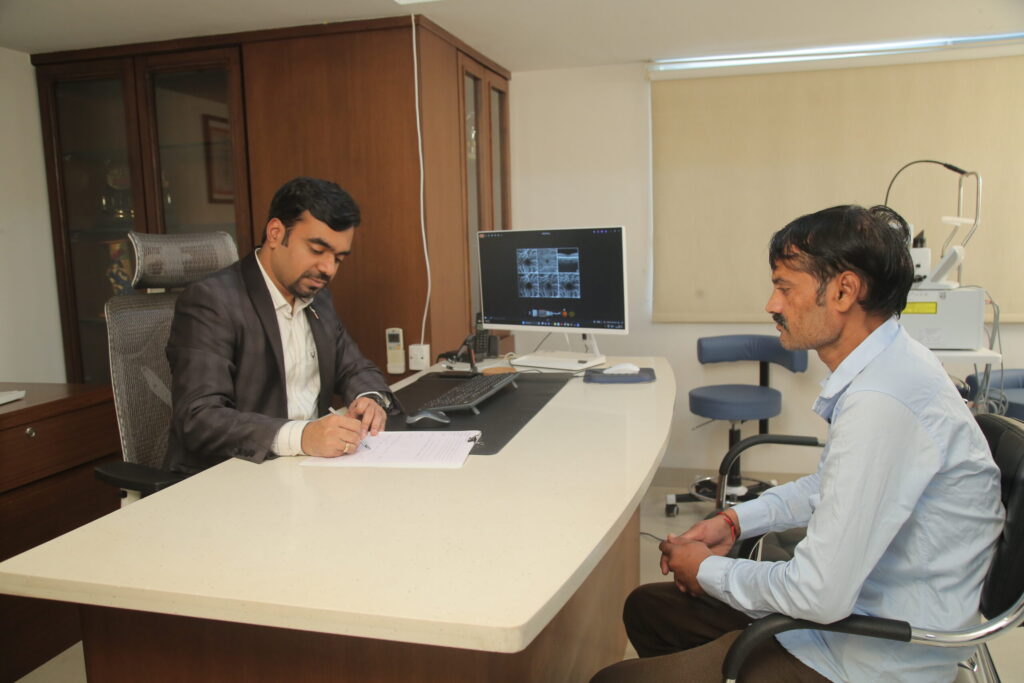
Neuro Ophthalmology – When should you visit your eye doctor?
Consult a neuro-ophthalmologist if experiencing sudden vision loss, double vision, eye movement disorders, neurological symptoms, or unexplained visual changes requiring specialized neurological eye assessment.
Some of the most common signs of Optic Nerve Dysfunction include
Common signs of optic nerve dysfunction include sudden vision loss, eye pain, color vision changes, reduced visual acuity, and abnormal pupil responses or eye movement patterns.
Nutritional Optic Neuropathy
Nutritional optic neuropathy is vision loss caused by nutritional deficiencies, particularly vitamin B12, leading to damage of the optic nerve and potential blindness.
Types of Neuro-Ophthalmologic Disorders
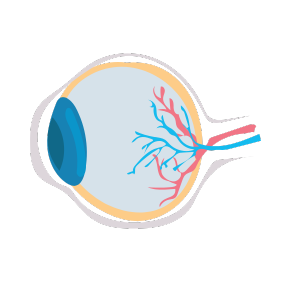
Optic Neuritis
This is a condition that involves inflammation of the optic nerve. An inflammation could occur due to various reasons – starting from an infection to an autoimmune disorder.
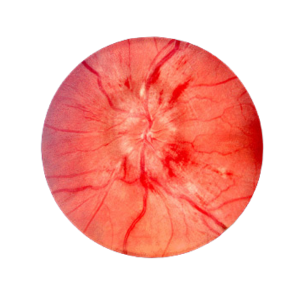
Papilloedema
In this case, the optic disc (the circular area where the optic nerve connects to the retina, at the back of the eye) swells up due to an excessive pressure from inside the skull may be due to a tumor for instance.
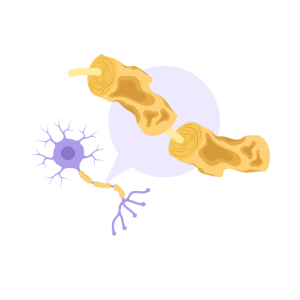
Nutritional Optic Neuropathy
Here the damage to the optic nerve is caused by certain toxic substances found in tobacco & alcohol. This could also occur due to lack of nutrients and deficiency of vitamin B-complex and folic acid.
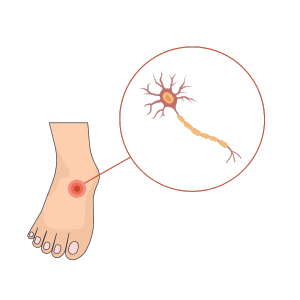
Diabetic Neuropathy
In this, the optic nerve is damaged due to the excessive blood sugar or diabetes. As the disease progresses, the blood supply to the retina gets cut-off, leading to vision loss.
Frequently Asked Questions
What are optic neuritis causes?
Even though it is true that symptoms of optic neuritis are more complicated, other possible explanations of optic neuritis causes must be examined, such as:
- Infections: Optical neuritis can be caused by bacterial illnesses like Lyme disease, cat scratch fever, and syphilis, or viruses like mumps, measles, herpes, and more.
- Other illnesses: Recurrent optic neuritis can be caused by diseases like lupus, sarcoidosis, Behcet’s illness, etc.
- Toxins and drugs: The development of diseases like optic neuritis has also been linked to the use of certain medications and poisons. Optic neuritis can take place due to ethambutol, a tuberculosis treatment, and methanol, a frequent element in paints, antifreeze, and solvents.
What is diabetic neuropathy treatment?
In most cases, diabetic neuropathy cannot be cured. However, it can be slowed down. The best strategy to avoid developing diabetic neuropathy or slowing its growth is to constantly supervise your blood sugar levels while keeping them within a healthy range. It may also help to alleviate some symptoms.
In addition, a thorough treatment strategy also includes quitting smoking and exercising frequently. Before starting a new workout plan, consult your doctor or healthcare team. You can also inquire about complementary treatments or supplements for diabetic neuropathy with your doctor.
What is Retrobulbar neuritis?
Retrobulbar neuritis is a type of optic neuritis in which the back of the eye’s optic nerve becomes inflamed. This inflamed region lies between the back of the eye and the brain. On the other hand, the optic nerve contains fibres that transport visual information from retinal nerve cells to brain nerve cells.
This usually smooth transmission to the brain is interrupted in this medical condition, and vision is compromised when these fibres become inflamed. A variety of health conditions can produce retrobulbar neuritis, including:
- Tumours
- Multiple sclerosis (MS)
- Sudden reactions due to allergies
- Meningitis, syphilis, and numerous viral disorders.
- Having been exposed to certain chemicals or medications

Dr. Rohit Agrawal
MBBS, M.S (Gold medalist), FVRS
Vitreo-Retina, Uvea & ROP specialist
Book a session with Dr. Rohit Agrawal
Call Us To Know More
Phone No
0731- 2579911 4093919 8989506139
WRITE TO US
rohiteyehospital@gmail.com
Book
Appointment Now


